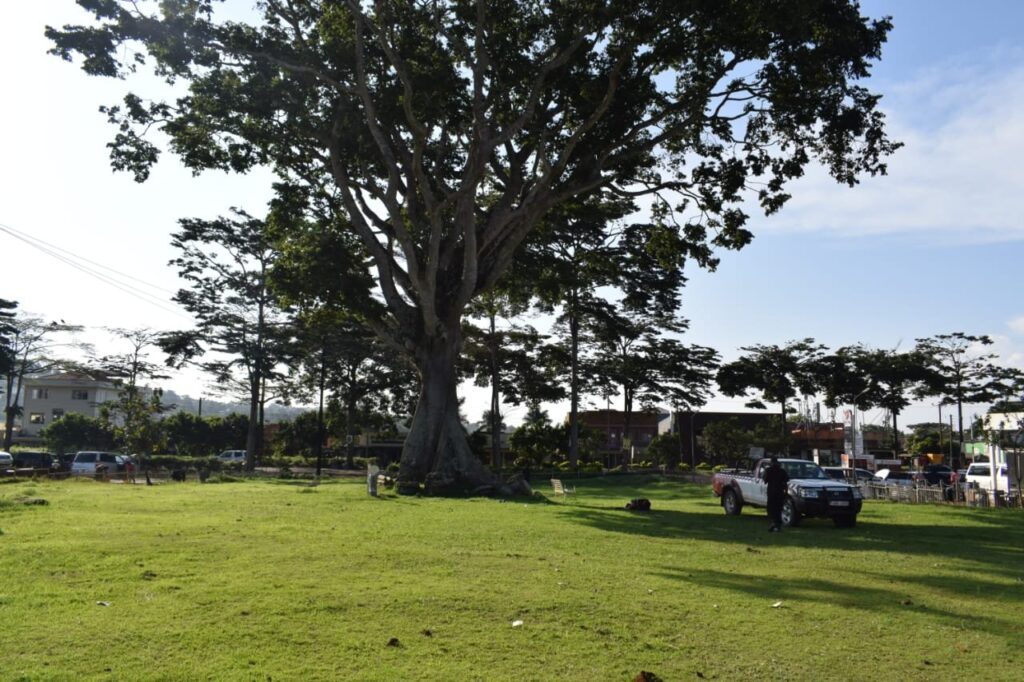Uganda gained her independence from the British Protectorate on the 9th of October, 1962, exactly 61 years ago.
Ignatius Kangave Musaazi’s contributions were pivotal in this journey and can never be overlooked as the East African land-locked country commemorates her Independence today.
Born in Timuna, a small village near Wobulenzi, Musaazi attended King’s College Budo where he won a scholarship to study divinity in the United Kingdom.
Upon completion, Musaazi returned home determined to trigger and influence Independence.
Commitment to the cause, Musaazi started rallying Ugandans against their colonial masters. His wife, Mary Ritah Nansikombi, recalls the hardships they faced as Musaazi organized Ugandans to rebel colonialists. For this, he was singled out, imprisoned 37 times, and charged with treason, yet his resolve never wavered.
His participation in the Buganda riots of 1945 and 1949, which addressed issues like unfair cotton export controls and the local Asian monopoly over cotton ginning, fronts him as a key player in shaping politics as an advocacy tool.
Having gained popularity at the fall of Buganda riots, Ignatius Kangave Musaazi formed the first political party in Uganda, the Uganda National Congress (UNC) on Sunday 2nd March 1952, and became the party’s first President, with Abubaker Kakyama Mayanja as the party’s first secretary-general.

The party emerged from Uganda African Farmers Union, a smaller holder group of farmers who were advocating for increase of both cotton and coffee prices.
UNC adopted a socialistic approach which soared their relationship with colonial masters and religious leaders.
A fermentation brewed by colonial masters led to the establishment of other parties like progressive party in 1955 under EMK Mulira. The tools of Uganda People Congress can be traced from Uganda National Congress.
Each political party that emerged from pressure groups fronted a joint call for fair distribution of resources, mounting pressure on the imperialists. UPC was at the front line.
Having been a vanguard Party in the struggle for Uganda’s Independence, It was the Uganda National Congress (UNC), the father of the UPC that made the first call for the Independence of Uganda.
It was also the UNC and the UPC who waged vigorous Indepence campaigns which was waged by the UNC and UPC until the finishing line on 9 October, 1962.
After Independence, the UPC from May 1962 to January, 1971 and again from December, 1980 to July, 1985, acquitted itself most admirably as the son of a great father.
Today, as Uganda celebrates its independence, it also celebrates the enduring legacy of Ignatius Kangave Musaazi, a visionary leader who dedicated his life to the pursuit of freedom and the betterment of his beloved nation.



















Discussion about this post